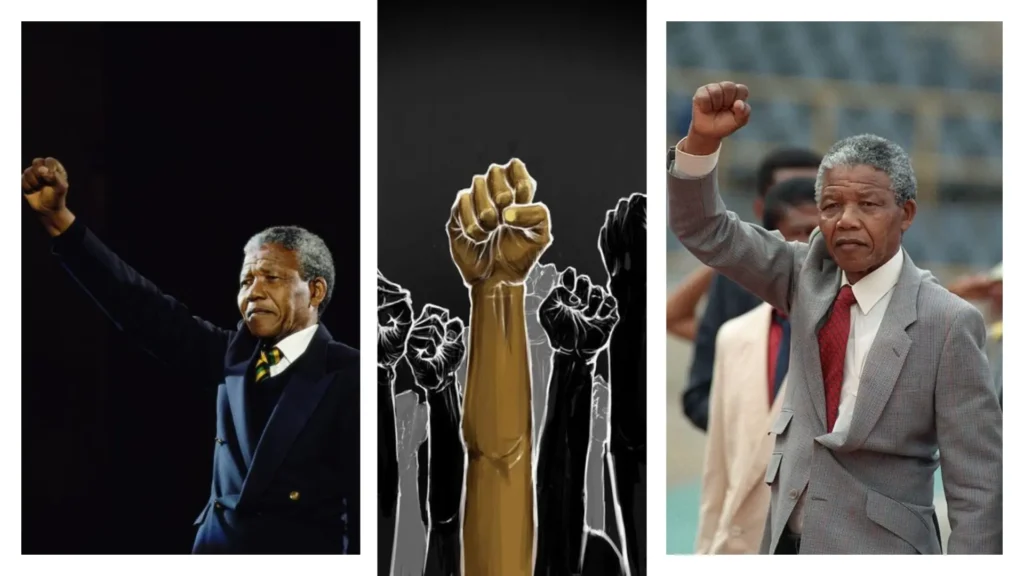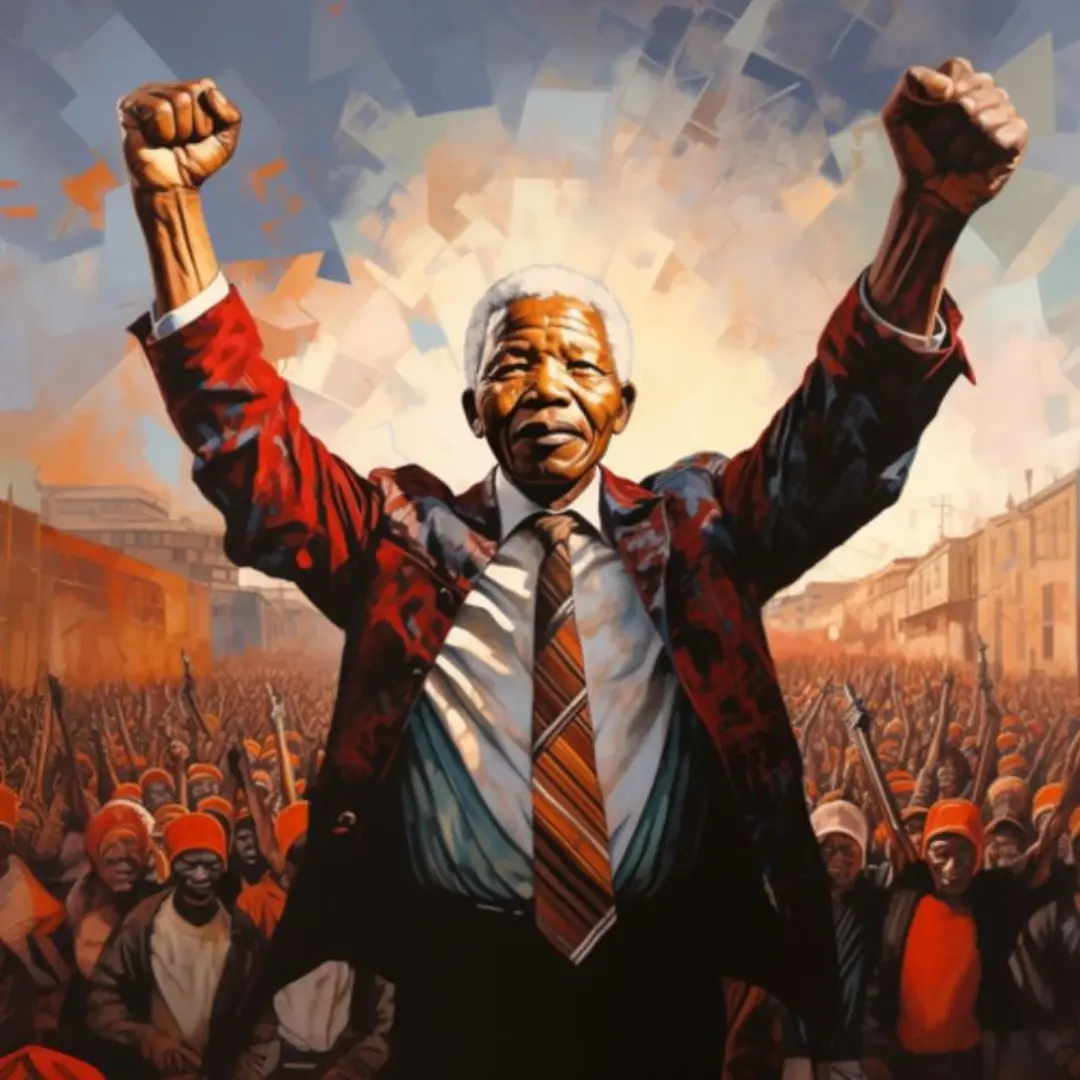
Uncovering the Powerful Legacy of a Global Icon
Nelson Mandela, a name synonymous with freedom, resilience, and unwavering spirit, remains a global symbol of the fight against oppression and the quest for justice. As we commemorate Nelson Mandela Day, it is fitting to reflect on the life and legacy of this extraordinary man. Known affectionately as “Madiba,” Mandela’s words, actions, and enduring legacy continue to inspire millions worldwide. In this blog post, we delve into the final words and profound impact of Nelson Mandela, exploring the essence of his legacy and the lessons we can draw from his life’s journey.
Early Life and Struggle
Born on July 18, 1918, in the village of Mvezo, in Umtata, then part of South Africa’s Cape Province, Mandela’s early life was marked by a strong sense of justice and leadership. He was raised in a rural environment and experienced firsthand the oppressive structures of colonial rule and racial segregation. Mandela’s legal studies and subsequent involvement in the African National Congress (ANC) marked the beginning of a lifelong commitment to the struggle against apartheid.
Mandela’s early activism was characterized by non-violent resistance, influenced by Mahatma Gandhi’s principles. However, the Sharpeville Massacre in 1960, where police opened fire on peaceful protesters, led Mandela to reconsider the tactics of the movement. This pivotal moment in South African history saw Mandela advocating for armed resistance through the establishment of the ANC’s military wing, Umkhonto we Sizwe (Spear of the Nation).
Imprisonment and Resilience
In 1962, Mandela was arrested and sentenced to life imprisonment for his role in anti-apartheid activities. His 27 years in prison, most of which were spent on Robben Island, became a symbol of the struggle for freedom. Despite the harsh conditions, Mandela’s spirit remained unbroken. He used his time in prison to study, write, and strengthen his resolve.
During his incarceration, Mandela became a unifying figure for South Africans and an international symbol of resistance against injustice. The global anti-apartheid movement gained momentum, with increasing calls for Mandela’s release and the end of apartheid. His ability to endure and maintain his principles in the face of immense adversity captivated the world and underscored the power of perseverance.
Release and Presidency
In 1990, Mandela was released from prison, a moment that was celebrated globally. His release marked the beginning of a new era in South African history. Mandela’s vision for a peaceful transition from apartheid to democracy was put to the test as he led negotiations with the apartheid government. Despite facing significant challenges, Mandela’s unwavering commitment to reconciliation and unity led to the establishment of South Africa’s first democratic elections in 1994.
Mandela was elected as South Africa’s first black president, serving from 1994 to 1999. His presidency was marked by efforts to heal a divided nation, emphasizing reconciliation over retribution. The Truth and Reconciliation Commission (TRC), established to address the atrocities of apartheid, was a testament to Mandela’s belief in forgiveness and healing.
Last Words and Enduring Legacy
Nelson Mandela passed away on December 5, 2013, at the age of 95. His final public speech, delivered at the 2008 concert marking his 90th birthday, encapsulated his lifelong commitment to justice and equality. “It is time for new hands to lift the burdens. It is in your hands now,” Mandela stated, passing the torch to future generations.
Mandela’s last words serve as a powerful reminder of the collective responsibility we share in continuing the fight for justice and equality. His legacy is not confined to South Africa but resonates globally, inspiring movements for human rights, social justice, and equality.
Lessons from Mandela’s Life
- Resilience in Adversity: Mandela’s life teaches us the importance of resilience and the power of the human spirit to overcome adversity. His ability to maintain hope and integrity through decades of imprisonment is a testament to his inner strength.
- Commitment to Justice: Mandela’s unwavering commitment to justice and equality underscores the importance of standing up against oppression, even when faced with insurmountable odds.
- Power of Forgiveness: One of Mandela’s most profound lessons is the power of forgiveness. His ability to forgive his oppressors and work towards reconciliation highlights the importance of empathy and understanding in healing divided societies.
- Leadership through Service: Mandela’s leadership was characterized by humility and service. His life reminds us that true leadership is about serving others and making sacrifices for the greater good.
Let us honor the memory of Madiba by embodying the principles he stood for. His final words remind us that the fight for justice is ongoing and that each of us has a role to play. In remembering Nelson Mandela, we celebrate not just a man, but the enduring spirit of a global movement towards a more just and equitable world. Let us continue to lift the burdens, carry the torch, and strive to make the world a better place for all.

1 thought on “Shocking: This is What Nelson Mandela Said for the Last Time”